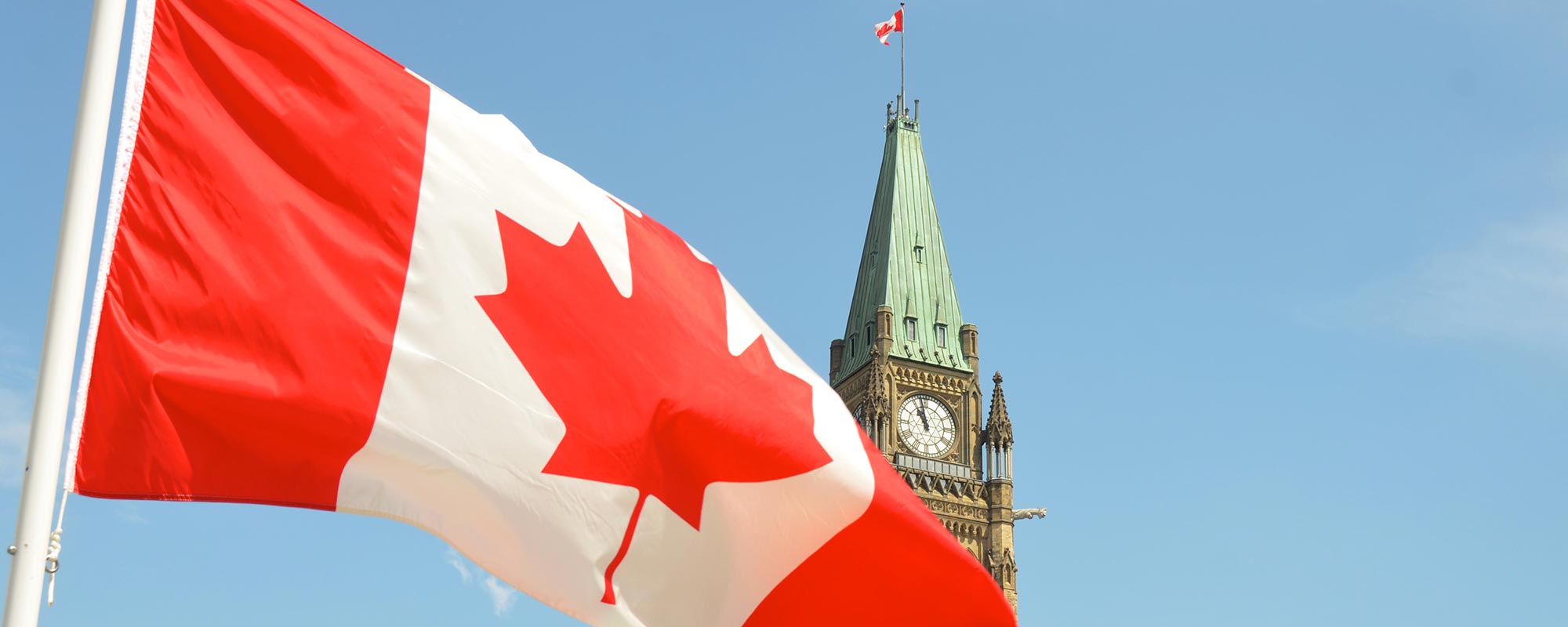March 26, 2020
Her Excellency the Right Honourable Julie Payette
Governor General of Canada
Rideau Hall
1 Sussex Drive
Ottawa, Ontario K1A 0A1
The Honourable David Lametti
Minister of Justice and Attorney General of Canada
House of Commons
Ottawa, ON K1A 0A6
Dear Governor and Attorney General,
I am writing about the failure of Canada to disclose its Governor in Council orders regarding COVID19 these past weeks. The constitutional implications are urgent. Neither citizens nor civil society watchdogs like the Canadian Civil Liberties Association nor the fifth estate, let alone other Canadian governments, can adequately assess public statements by federal Ministers of the Crown about federal “orders” without disclosure of those orders. The rule of law requires that the law be transparent.
Failure to disclose federal orders in advance of their taking effect, or at least at the time in which a Minister makes public that the order has been made, is tantamount to administrative secrecy. A press release with the Minister’s interpretation or explanation of the order will not suffice. I am not accusing the Executive branch of intentionally suppressing publication of these orders. But the delay of several days between Cabinet signing the order and public release on the Order in Council website is not sustainable.
As I write, 24 hours has passed since the Government announced its unprecedented mandatory quarantine orders, pursuant to a Cabinet order that nobody but you can see. Yet it impacts all of us. Federal quarantine laws are subjecting Canadians to house arrest, without a hearing. Such a serious order deserves serious transparency.
If anyone sought to judicially review the order, or to bring a habeas corpus application, one would currently have to wait several days before being able to just read it. If the Government can make the time to prepare a communications plan, it can make the time to release the order.
My own experience in Ontario as its 35th Attorney General has left me speculating that the delay may be caused either by Crown or Sovereign: namely, (a) Privy Council delay in publishing Governor in Council orders (Crown delay); or (b) delay between decisions of the Executive Council and formal approval by the Governor General, rendering the Governor in Council orders (Sovereign delay).
Although the Governor General has rightly withdrawn from Executive Council meetings, permitting a system of Cabinet Government for the past 150 years, I know that the Provinces have managed their Orders in Council in a fashion that permits timely release of its orders. The Lieutenant Governor or designate is made available for formal approval within minutes of Cabinet decisions. That order often accompanies any communications package that goes online or released to media.
Absent a change to your processes to accommodate this request, one solution could be for Privy Council to publish unformalized or draft orders-in-council using whatever nomenclature and caveat suits: i.e., release those orders after approval by Cabinet, before they are formalized by the Governor General. As such, the Executive branch would be operating akin to the Legislative branch, wherein bills are published online during and after Parliament business, but before Royal Assent (although the delay yesterday in publicly disclosing the bill in question was also met with unacceptable delay, normally it’s all lined up for public release after First Reading passage). I recognize the constitutional principles limiting public disclosure of Orders in Council prior to their consideration by Cabinet, there is no good reason why those orders should be kept secret after being approved by Cabinet, but before formal assent by the Governor General.
This is particularly true given the unusual situation we are in today. The Crown is pronouncing the law to the public through daily briefings, permitting any manner of interpretation by Ministers, without the public being able to check that pronouncement with the actual law in question – the order, interim or otherwise. People are asking us at CCLA about what the pronouncement means. All we can do is rely upon the Ministers’ words. We would prefer to rely upon the law.
Prior to the COVID response, it was usually of little consequence whether an Order in Council was published immediately. Those orders were not limiting Canadians liberties like never before. Obviously, the world has changed and the rule of law demands that the Crown and Sovereign adapt accordingly. Now would be an appropriate time for our federal system to work in a fashion that permits pragmatic adjustment of ceremony in favour of urgent disclosure of federal Cabinet orders, so as to bolster the rule of law at this chaotic time.
Yours truly,
Michael Bryant
Executive Director & General Counsel
Canadian Civil Liberties Association
About the Canadian Civil Liberties Association
The CCLA is an independent, non-profit organization with supporters from across the country. Founded in 1964, the CCLA is a national human rights organization committed to defending the rights, dignity, safety, and freedoms of all people in Canada.
For the Media
For further comments, please contact us at media@ccla.org.





